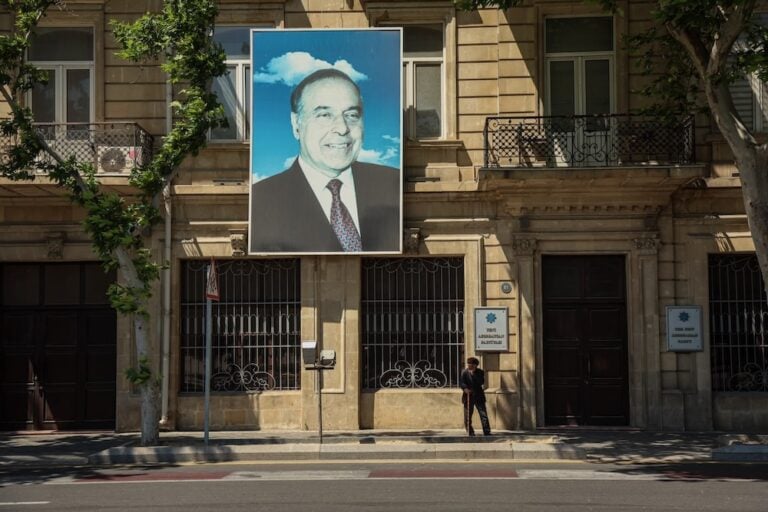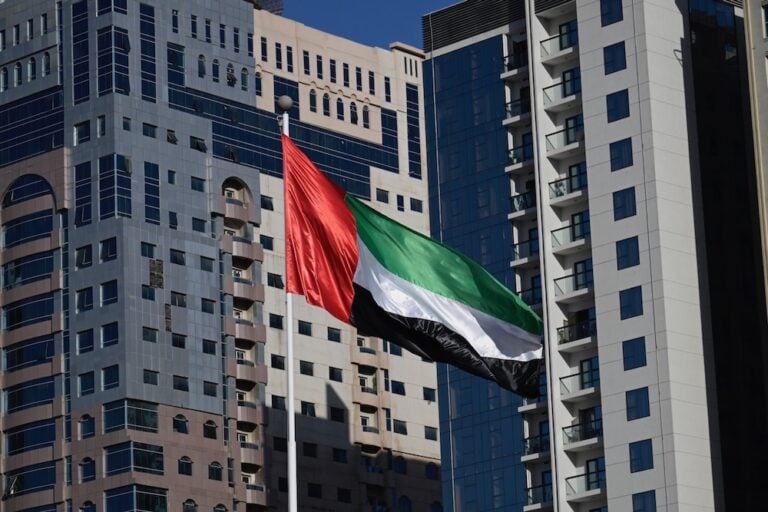Dr. Nasser bin Ghaith is one of possibly hundreds of other disappeared persons in the UAE. He is also one of hundreds of political and human rights activists against whom the Emirati government has arrested and taken action against.
This statement was originally published on adhrb.org on 18 April 2016.
By Tyler Pry, Advocacy Intern at ADHRB
On 18 August 2015, UAE security forces arrested Dr. Nasser bin Ghaith, an Emirati economics professor and prominent academic in relation to tweets he allegedly posted in which he criticized Egypt. Eight months later the government has still not revealed his whereabouts and nothing has been heard from him.
This is not the first time UAE security forces have arrested Dr. bin Ghaith. In April 2011, state security officers arrested him and four other activists after they petitioned the government to institute democratic reforms. Security forces detained all five men, who are popularly known as the UAE 5, on charges of “publicly insulting” the country’s leadership and endangering national security. On 27 November 2011, the Federal Supreme Court sentenced the members of the UAE 5 to between two and three years in prison each. Though President Khalifa bin Zayed al-Nahyan pardoned Dr. bin Ghaith and his co-defendants the next day, four years later on 18 August 2015, security forces once again arrested him. Dr. bin Ghaith has not been heard from since and though observers believe his arrest is related to tweets critical of Egypt, there has been no official comment about his arrest as authorities have not even confirmed that he has been arrested.
According to Emirati activists, Dr. bin Ghaith is one of possibly hundreds of other disappeared persons in the UAE. He is also one of hundreds of political and human rights activists against whom the Emirati government has arrested and taken action against. In March 2013, the Government of the UAE began the trials of 70 of the 94 activists accused of plotting to overthrow the government, all of whom authorities had held in secret detention. Human Rights Watch described the trial as “fundamentally unfair.” From 18 May to 24 August, UAE courts tried many individuals on charges related to expression and association.
These trials, many under the auspices of a 2014 counterterrorism law, demonstrate a disconnect between the outwardly cosmopolitan image the Emirates present. When the UAE’s Prime Minister Sheikh Mohammed bin Rashid al-Maktoum announced on 8 February 2016 via Twitter that the UAE would be forming Ministries of Happiness and Tolerance, it struck some as sinister given the UAE’s practice of suppressing expression and association.
It has been two months since the UAE inaugurated the Ministry of Happiness whose purpose is to “align and drive government policy to create social good and satisfaction,” but there are many who do not have the chance to enjoy these services. Dr. Nasser bin Ghaith is one. The activists of the UAE 94 are others. In any event, it has been eight months since Emirati security forces arrested Dr. bin Ghaith, and it has been eight months since anyone has heard from him or seen him.


